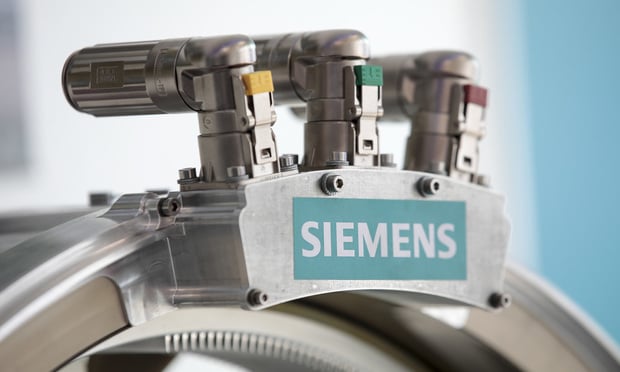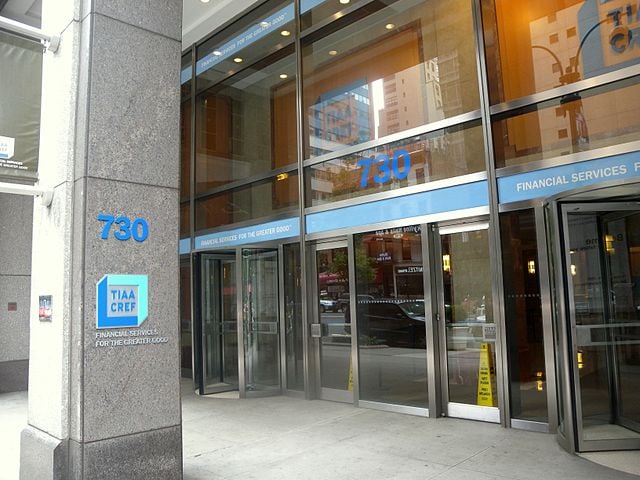Proposed tax reform for 401(k)-type retirement plans would cause the greatest reduction in retirement savings for both the highest- and lowest-income workers, according to new analysis from the Employee Benefit Research Institute.
EBRI finds the National Commission on Fiscal Responsibility and Reform's recommendation to cap the annual tax preferred contributions to (the) lower of $20,000 or 20 percent of income” for 401(k)-type plans (known as the “20/20 cap) starting in 2012 would most affect the highest-income workers—not surprising, since those with high income tend to save the most in these kinds of retirement plans. However, EBRI also found the cap would cause a big reduction in retirement savings by the lowest-income workers as well.
The analysis finds that for each age group (except for the oldest), the lowest-income group has the second-highest average percentage reductions in 401(k) contributions. Primarily, this is because their current or expected future contributions would exceed 20 percent of compensation when combined with employer contributions.
Continue Reading for Free
Register and gain access to:
- Breaking benefits news and analysis, on-site and via our newsletters and custom alerts
- Educational webcasts, white papers, and ebooks from industry thought leaders
- Critical converage of the property casualty insurance and financial advisory markets on our other ALM sites, PropertyCasualty360 and ThinkAdvisor
Already have an account? Sign In Now
© 2024 ALM Global, LLC, All Rights Reserved. Request academic re-use from www.copyright.com. All other uses, submit a request to [email protected]. For more information visit Asset & Logo Licensing.








